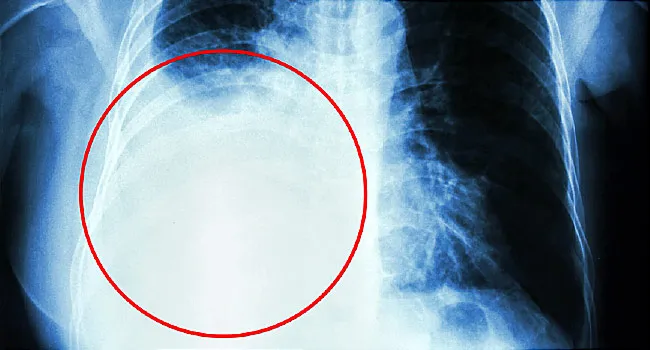Pleural
effusion is the
fluid build-up in the pleural space and is categorized into two types which
includes exudate and transudate. Transudate is usually composed of
ultrafiltrates of plasma due to heart failure or cirrhosis; while, exudate is
caused by inflammatory conditions. The major causes of pleural effusion are
kidney failure, infection, congestive heart failure, malignancy, pulmonary
embolism, cirrhosis, hypoalbuminemia and trauma.

The common
symptoms associated with the pleural effusion are chest pain, difficulty in
breathing, painful breathing, cough, fever and loss of appetite. The standard
treatments available for pleural effusion are thoracentesis, surgery,
antibiotics and diuretics.
Request
to Get the Sample Pages at:
Lung
Therapeutics Inc. is in the process of developing LTI-01 as a single chain
urokinase plasminogen activator for the treatment of safe clearance of
fibrinous scar tissue in patients with loculated pleural effusion. Genelux
Corporation is another key player involved in the development of drugs for the
management of pleural effusion.
The report
provides a comprehensive understanding of the pipeline activities covering all
drug candidates under various stages of development, with the detailed analysis
of pipeline and clinical trials.
Pipeline
analysis of drugs by phases includes product description and development
activities including information about clinical results, designations,
collaborations, licensing, grants, technology, and others.









No comments:
Post a Comment